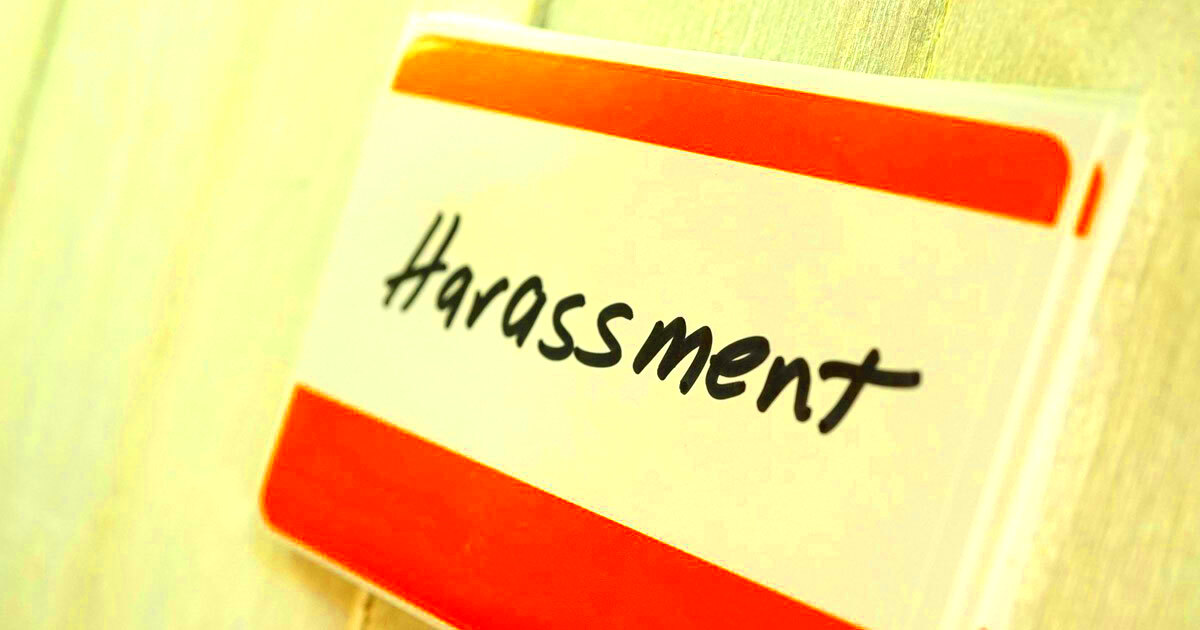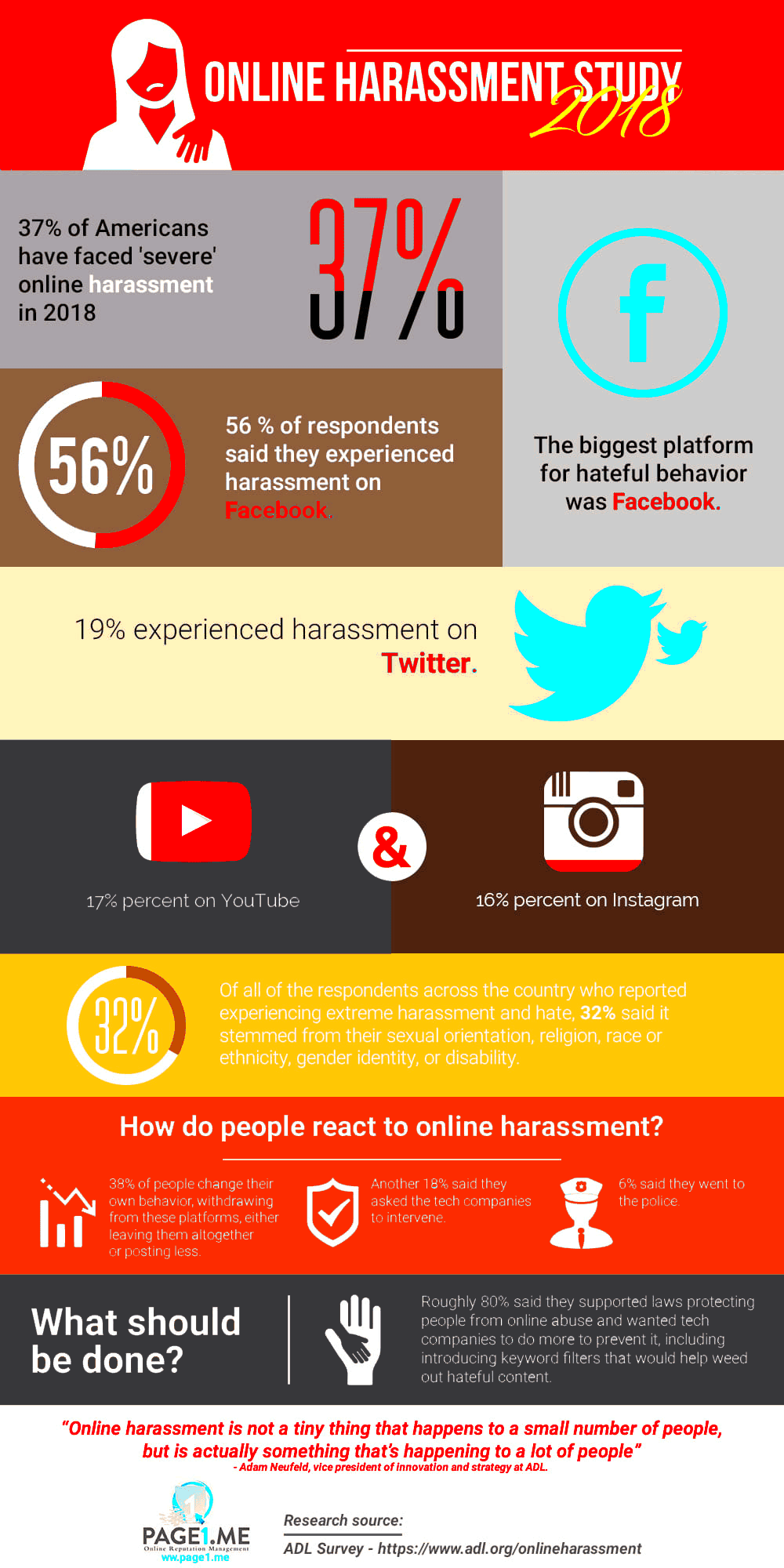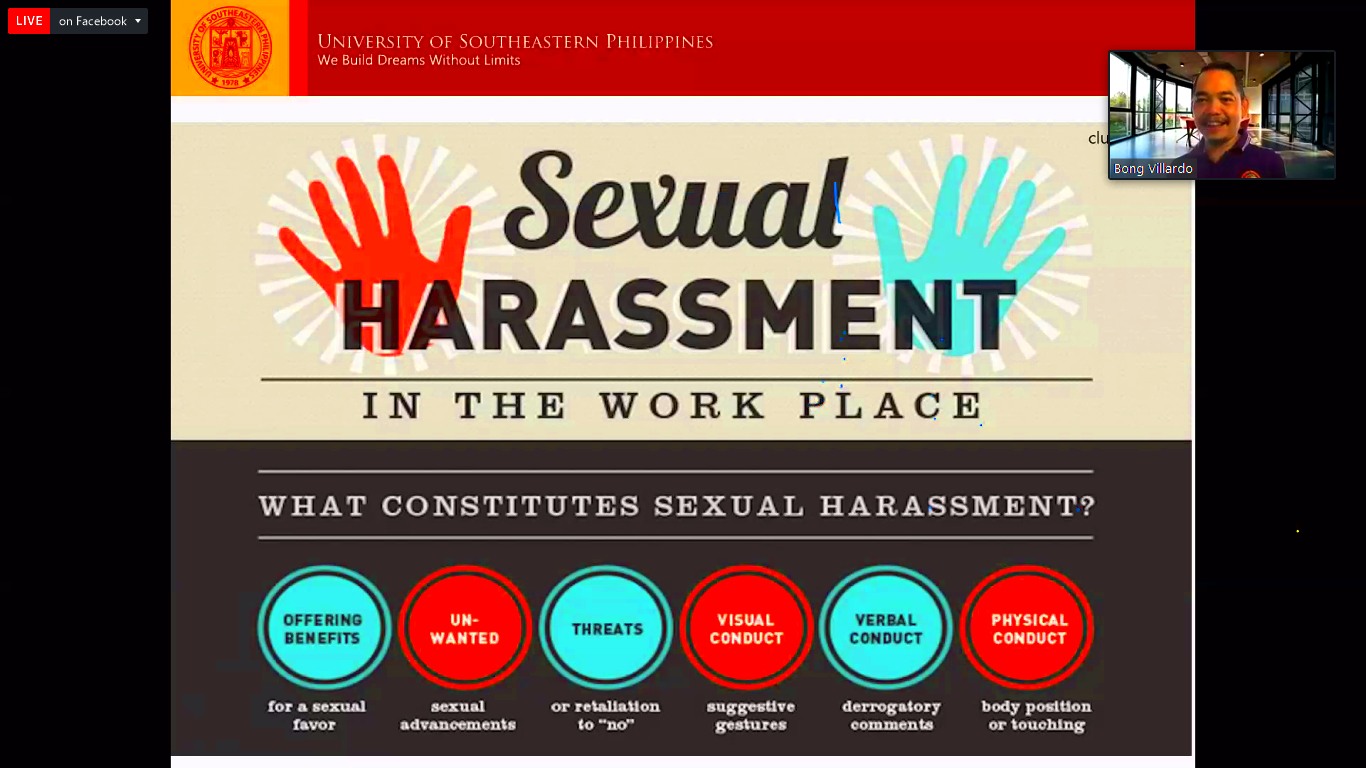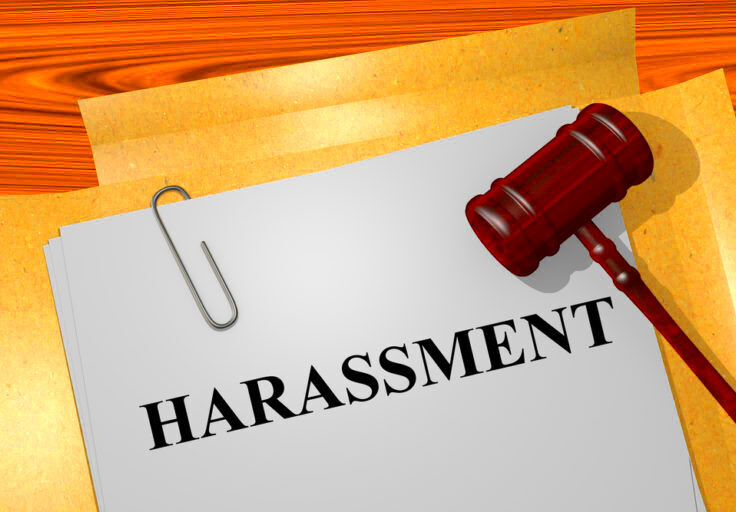Arizona Harassment Laws and Protecting Your Rights
Harassment can be an overwhelming experience, and Arizona takes it seriously by enacting laws that aim to protect individuals from such behavior. Whether it’s through unwanted communication or persistent threats, Arizona’s legal system has specific measures to ensure that people feel safe. This introduction provides an overview of Arizona’s harassment laws and what protections are available to those affected.
The laws surrounding harassment in Arizona are broad, covering various forms of unwanted behavior. Understanding these laws helps individuals know their rights and the actions they can take to protect themselves. By being aware of the state’s legal framework, victims can take steps to report incidents and prevent future occurrences.
Types of Harassment Recognized in Arizona

Arizona law recognizes several types of harassment that can affect a person’s safety and peace of mind. These types include:
- Physical Harassment: Unwanted physical contact or threats of violence.
- Verbal Harassment: Repeated, threatening, or intimidating communication in person or over the phone.
- Cyber Harassment: Harassment that occurs through online platforms, including social media and email.
- Stalking: Following or surveilling someone in a way that causes fear or emotional distress.
- Sexual Harassment: Unwanted sexual advances or comments, whether verbal or physical.
Each of these forms of harassment can result in severe legal consequences, and individuals subjected to them can seek legal remedies to stop the behavior and protect themselves. Arizona law provides avenues to file complaints and obtain restraining orders against perpetrators.
How Arizona Law Defines Harassment

Arizona law defines harassment as any behavior intended to alarm, annoy, or cause substantial emotional distress to another person without a legitimate purpose. The legal definition is broad to ensure that a wide range of harmful behaviors is covered. Specific actions can include:
- Repeated unwanted contact through phone calls, texts, or emails.
- Threats of physical harm or violence.
- Showing up at a person’s home or workplace without invitation.
- Tracking or surveilling a person’s movements.
Arizona courts assess the intent behind the actions to determine whether harassment has occurred. The behavior must be persistent and without justification to fall under this legal definition. Even if no physical harm results from the behavior, emotional distress alone is enough to constitute harassment under Arizona law.
Steps to Take if You Are Being Harassed

If you are being harassed, it is crucial to take immediate steps to protect yourself and gather evidence. Arizona laws are designed to provide protection, but action on your part can make a significant difference in stopping the harassment. Here are some essential steps you should consider:
- Document Everything: Keep detailed records of every incident, including dates, times, locations, and descriptions of the harassment. Save all text messages, emails, and other forms of communication.
- Avoid Engagement: Do not engage with the harasser, as this can escalate the situation. Instead, minimize contact while continuing to document any further attempts to reach out to you.
- Tell Someone: Inform a trusted friend, family member, or coworker about the harassment. Having a support system in place is essential for both emotional and practical support.
- Seek Legal Advice: Contact an attorney who specializes in harassment cases. They can guide you on your legal options, including obtaining a restraining order.
- File a Police Report: If the harassment persists or involves threats of violence, file a report with local law enforcement. This creates an official record that can support your case later.
By following these steps, you can take control of the situation and make it easier to seek legal action against the harasser. Always remember, your safety is the top priority, and the law is there to help you.
Legal Consequences for Harassers in Arizona
Harassers in Arizona face significant legal consequences, as the state’s laws are strict when it comes to protecting individuals from unwanted behavior. Depending on the severity and nature of the harassment, the legal penalties can vary. Here are some potential consequences:
| Type of Harassment | Potential Legal Consequences |
|---|---|
| Physical Harassment | Criminal charges, fines, and jail time depending on the level of threat or harm. |
| Verbal or Cyber Harassment | Class 1 misdemeanor charges, which may result in fines or imprisonment up to 6 months. |
| Stalking | Class 3 felony, carrying potential prison sentences ranging from 2 to 7 years. |
| Sexual Harassment | Possible civil lawsuits and criminal charges, depending on the nature of the conduct. |
In addition to criminal charges, victims can also file for restraining orders or orders of protection, forcing the harasser to stay away from them. Violating these orders can lead to additional charges and increased penalties.
Harassment can also result in civil penalties, where victims may sue for damages related to emotional distress, lost wages, and other hardships caused by the harasser’s behavior.
Filing a Harassment Complaint in Arizona
If you are experiencing harassment, filing a complaint is a crucial step to take in seeking legal protection. Arizona provides several avenues to file a complaint, depending on the severity of the situation. Here’s a guide to help you understand the process:
- Gather Evidence: Before filing a complaint, ensure that you have collected sufficient evidence. This includes text messages, emails, witness statements, or any other proof of harassment.
- Visit Your Local Court: You can file a harassment complaint at your local courthouse. Many courts provide assistance in filing for an order of protection or injunction against harassment.
- File a Police Report: If the harassment involves criminal behavior, it is essential to file a police report. The police will investigate and may charge the harasser with a crime.
- Seek an Order of Protection: You can request an order of protection from the court, which legally requires the harasser to stop contacting or approaching you. Violating this order can result in serious legal penalties for the harasser.
- Work with an Attorney: If the situation is complex or involves ongoing harassment, working with an attorney can help you navigate the legal process more effectively.
Filing a harassment complaint can feel intimidating, but it is the most direct way to protect your rights. Arizona’s legal system is structured to provide support to victims, ensuring their safety and well-being.
Protecting Your Rights Under Arizona Harassment Laws
Arizona’s harassment laws are designed to protect individuals from a wide range of abusive behaviors. Whether the harassment is physical, verbal, or digital, the law provides avenues to safeguard your rights. Understanding how to protect yourself legally is essential for both your safety and peace of mind.
Here are some ways to protect your rights under Arizona harassment laws:
- Seek an Injunction Against Harassment: This legal order prevents the harasser from contacting or approaching you. You can obtain it through your local court, and it requires the harasser to stop their behavior immediately.
- File a Police Report: If the harassment escalates or involves threats of harm, file a report with law enforcement. This creates an official record of the incidents and can lead to criminal charges against the harasser.
- Document All Interactions: Keeping a record of every instance of harassment will strengthen your case. Save all forms of communication, including text messages, emails, and voicemails.
- Know Your Rights at Work: If you are being harassed at your workplace, Arizona law protects employees from workplace harassment. You can file a complaint with your employer and, if necessary, pursue legal action through the Equal Employment Opportunity Commission (EEOC).
Protecting your rights under Arizona’s harassment laws involves being proactive, seeking legal help, and ensuring that you follow the proper procedures. The law is on your side, but understanding how to use it effectively is crucial for long-term protection.
How to Seek Legal Help for Harassment Cases in Arizona
Seeking legal help when dealing with harassment in Arizona can greatly improve your chances of stopping the unwanted behavior and holding the harasser accountable. Here are the steps you can take to find the right legal support:
- Contact an Attorney: Look for an attorney who specializes in harassment cases. They will guide you through your legal options and help you decide whether to file a civil lawsuit or pursue criminal charges.
- Legal Aid Services: If you cannot afford a private attorney, Arizona offers legal aid services to help low-income individuals facing harassment. Organizations like Community Legal Services provide free or low-cost legal assistance.
- Use Online Resources: Websites such as the Arizona Bar Association offer attorney directories and resources for finding legal help. You can search by area of expertise to ensure you find a lawyer who understands harassment cases.
- File for a Restraining Order: Even before you hire an attorney, you can file for an injunction against harassment on your own through your local court. An attorney can help formalize this process if needed.
- Seek Victim Advocacy Services: Arizona also has victim advocacy programs that provide resources and emotional support for individuals dealing with harassment. These advocates can connect you with legal professionals and help you understand your rights.
Legal help is crucial for navigating the complexities of harassment cases in Arizona. Attorneys can ensure that you are fully protected and guide you toward the most effective solution for your situation.
Frequently Asked Questions about Arizona Harassment Laws
Harassment laws can be complex, and it’s common to have questions about your rights and legal options. Below are some frequently asked questions to help clarify key points:
-
- What qualifies as harassment in Arizona?
Harassment in Arizona includes any unwanted behavior intended to annoy, alarm, or cause emotional distress. This can include physical actions, verbal abuse, stalking, or cyber harassment.
-
- How do I file a complaint?
To file a harassment complaint, you can visit your local court and submit a request for an injunction against harassment. You can also file a police report if the harassment involves criminal behavior.
-
- What are the penalties for harassment in Arizona?
The penalties depend on the type and severity of the harassment. Penalties can range from misdemeanor charges with fines and jail time to felony charges for more severe cases like stalking.
-
- Can I get a restraining order in Arizona?
Yes, Arizona allows individuals to file for an injunction against harassment, which is similar to a restraining order. This legal order prevents the harasser from contacting you or coming near you.
-
- Can I sue for emotional distress caused by harassment?
Yes, victims of harassment can file a civil lawsuit for damages related to emotional distress, lost wages, and other hardships caused by the harasser’s actions.
If you have more specific questions about your case, it’s always best to consult with an attorney who can provide personalized legal advice.
Conclusion on Arizona Harassment Laws and Protecting Yourself
Arizona’s harassment laws offer essential protections for individuals facing unwanted and harmful behavior. Whether the harassment is physical, verbal, or digital, the legal system provides options for filing complaints, obtaining restraining orders, and seeking justice. By understanding your rights and taking proactive steps—such as documenting incidents, contacting law enforcement, and seeking legal counsel—you can protect yourself and hold harassers accountable. If you are experiencing harassment, remember that help is available, and the law is on your side to ensure your safety and well-being.


